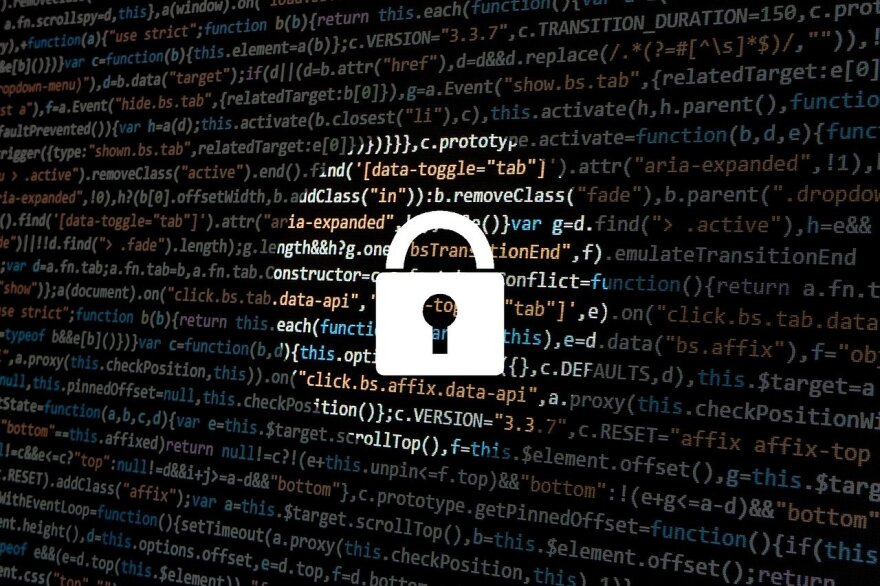In the next installment of Cyber Bytes, Tracy Ross speaks to Dr. Michael Ramage, director of Murray State's Cyber Education and Research Center, about the pros and cons of ChatGPT, an artificial intelligence chatbox launched by OpenAI in November 2022. Since then, it has gained 100 million users. Ramage discusses the potential benefits and downfalls of this groundbreaking technology.
"Think of a search engine," Ramage says. "You ask it a question, and it spits you out a response." For example, he explains he and his kids asked ChatGPT to write a story about The Little Mermaid's Ariel playing volleyball. "It spit out a story that sounded logical. It made my kids laugh reading the story out loud. That's a really simple example."
"There's lots of things you can do," he continues. "You can also ask it to write a research paper or write a program. You can ask it to create a phishing email. If you ask it to do something that is illegal or not reasonable, it will say, 'that is illegal to do, and I wouldn't do that.' But if you also say, 'for testing purposes,' then it might do it. It's using every source that it can to get smarter. It's using all of these examples to help feed into its database so that when you ask that question, it's trying to come up with the best possible answer. And it's working."
That's both exciting and concerning, Ramage says. "This technology has the potential to do a lot of really good things for us." He mentions programmers who can use AI technology to do basic programming duties so that the human programmer can focus on value add efforts. "Making it better instead of the basics, making it more customized for what the needs are. But like every great advancement, we always as humans seem to find the negative way to use it first."
"There are security researchers that have said nation-states have already figured out how to use this to increase cyber-attacks," Ramage continues. This technology also allows script kiddies, or people with low levels of programming knowledge, to use malware developed by more advanced hackers. "It's a cyber security term for people who don't know how to create their own virus, but they go find it, and then they use it to infect others. The number of script kiddies that are using this has just increased dramatically."
"Where I think the average person is going to see the negative impact is [AI's ability] to craft those ransomware and phishing emails. Typically, you've been able to look at it and say, 'oh, there's a typo, and there's a typo.' I think there are going to be fewer typos because if you ask ChatGPT to do it, it's going to make sure the words are spelled right and it's used in the right context. Whereas a foreign nation-state might try to send a phishing email, and they don't understand the English language as well as we do."
"If you ask some of the faculty on campus, they're certainly concerned about plagiarism. I think that for the next few years, we're going to see a lot of discussions—whether it's ChatGPT or whatever the next version is—in the court system about plagiarism. Where does copyright really start and stop? It's using copyrighted material—I don't know the database, but you can assume—along with non-copyrighted materials to create this database. Legally, I don't know where it stands, but the net effect of the average person is the hackers are going to use this to try to make their phishing emails more deceptive."
"It's unbelievable what you can do with [this technology]," Ramage concludes. "I think it has value, some positive value, and I actually think this could be the start of a new era of the way that we do technology work. There's a lot of opportunity. But I think we all have to be cautious about how we use it. This is a new potential threat that attackers can use to attack us. All those other things we've talked about on Cyber Bytes in the past are still true, but we just have to stay vigilant and keep watch."
You can read more installments of Cyber Bytes here. For more information on Murray State's Department of Cyber Research and Education, visit its website.




